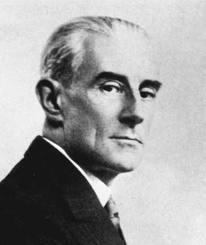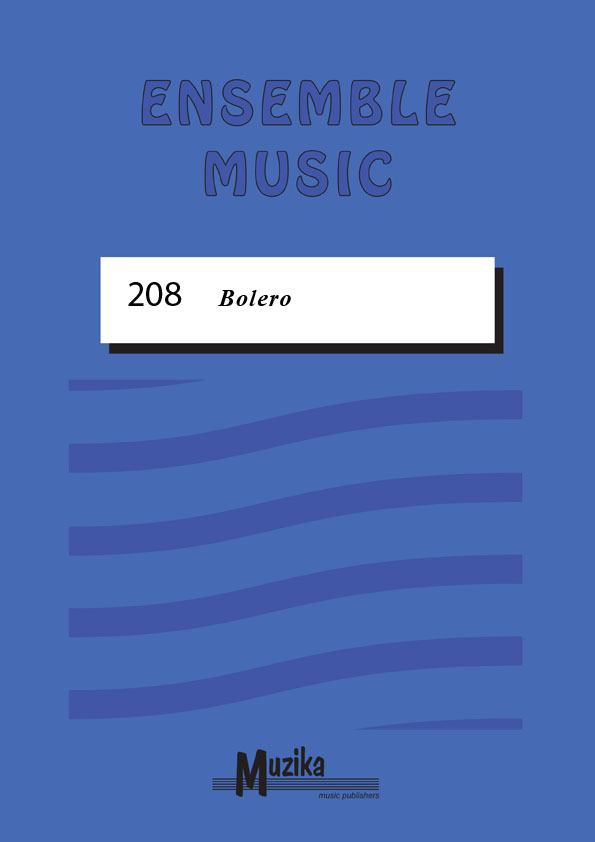Bolero
Buy this item (out of stock)
Product ID: MZ3 EM208
By Maurice Ravel
Publisher:
Muzika
Arranger:
Van de Goot
Series:
Ensemble Music
Line Up:
Flexible Instrumentation
Duration:
6:40
Level: 5
Set & Score
This item is out of stock
Instrumentation
1 Score
1 Piano
4 Part 1 in C treble clef
2 Part 1 in Bb treble clef
4 Part 2 in C treble clef
4 Part 2 in Bb treble clef
6 Part 3 in C treble clef
4 Part 3 in Bb treble clef
1 Part 3 in Eb treble clef
1 Part 3 in F treble clef
3 Part 4 in C alto clef
2 Part 4 in Bb low treble clef
1 Part 4 in Bb high treble clef
2 Part 4 in Eb treble clef
2 Part 4 in F treble clef
2 Part 5 in C bass clef
2 Part 5 in Bb bass clef
Reviews and rating
No review available, be the first to write one!

Composer
Maurice Ravel (1875-1937)

Joseph-Maurice Ravel (March 7, 1875 – December 28, 1937) was a French composer known especially for his melodies, orchestral and instrumental textures and effects. Much of his piano music, chamber music, vocal music and orchestral music has entered the standard concert repertoire.
Ravel's piano compositions, such as Jeux d'eau, Miroirs, Le tombeau de Couperin and Gaspard de la nuit, demand considerable virtuosity from the performer, and his orchestral music, including Daphnis et Chloé and his arrangement of Modest Mussorgsky's Pictures at an Exhibition, uses a variety of sound and instrumentation.
Ravel is perhaps known best for his orchestral work Boléro (1928), which he considered trivial and once described as "a piece for orchestra without music".
More info about the composer...



 Click above to view samples
Click above to view samples
